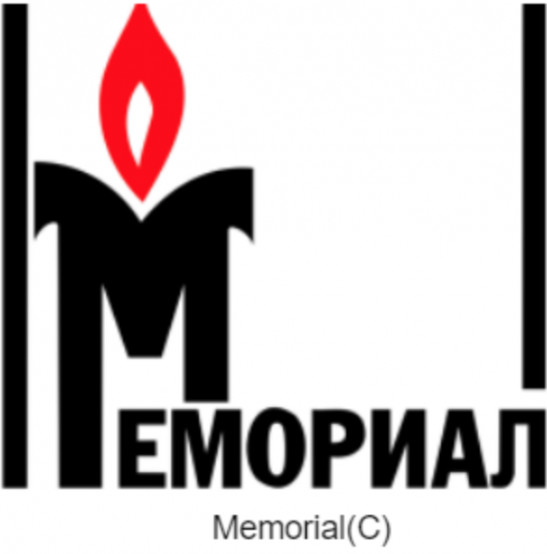Forward, into the past! Russia and politics of memory - Instytut Pileckiego
Forward, into the past! Russia and politics of memory
Forward, into the past! "Russia and politics of memory" - key findings of the new OSW special report.
16.12.2021, 18.00 | Maria Domanska, Jadwiga Rogoza, Nikita Pietrow, Gabriele Woidelko, Juliane Fürst, Mateusz Falkowski, Hanna Radziejowska | Pariser Platz 4A, 10117 Berlin
To attend the event please register at: berlin@pileckiinstitut.de
Please be aware that all participants have to be either vaccinated or recovered (2G-rules).
The Kremlin's vision of the past is becoming increasingly ideologised. This applies especially to the notion of victory over Nazi Germany in 1945, which has become a kind of a founding myth of Putinism. The historical narrative is intended to legitimise the authoritarian system of government as being optimal for Russia, and thus to perpetuate the model of state-society relationship that serves the Kremlin’s interests. Its important function is to justify Moscow's aggressive foreign policy in the twenty-first century and its ambitions to influence the international order, including the European security architecture.

Several questions arise. How does the regime guard the ‘canonical’ vision of the past? Why is popular culture one of the most effective tools for shaping minds in a militarised and authoritarian manner? Why do Russians view Stalin more and more favourably, and how does it correspond with the fact that more and more young people are eager to research the difficult history of their families, communities and hometowns? How does the Internet help? In search of answers, the authors examine both the activity of the state and the changes in the mentality of Russian citizens.
Scheudule and participants:
- Hanna Radziejowska (Pilecki-Institute Berlin) - greetings
- Maria Domańska, Jadwiga Rogoża (OSW): Forward, into the past! Russia’s politics of memory in the service of ‘eternal’ authoritarianism. OSW Report, Warsaw 2021. Presentation of the key findings of the special report
- Comments:
- Nikita Pietrow (Memorial, online)
- Gabriele Woidelko (Head Department History and Politics, Körber-Stiftung)
- Juliane Fürst (Head Department Communism and Society, ZZF Leibniz Centre for Contemporary History)
- Discussion moderated by Mateusz Fałkowski
See also
- Studentische Hilfskraft (w / m / d)
News
Studentische Hilfskraft (w / m / d)
Studentische Hilfskraft (w / m / d)
- Was wissen die Deutschen über Polen?
News
Was wissen die Deutschen über Polen?
Die IPSOS--Studie des Pilecki-Instituts: Essays und Präsentationen
- Merry Christmas!
News
Merry Christmas!
The Institute will be closed from 22 December 2025 through 6 January 2026 (inclusive) and will reopen on 7 January 2026.
- Announcement
News
Announcement
Announcement of the results of the Competition for the position of Manager of the Extraneous Branch of the Pilecki Institute in Berlin
- Closed Today
News
Closed Today
For operational reasons, the Institute will be closed today (25.10)
- The Augustów Round-Up
News
The Augustów Round-Up
The First International Exhibition on the Largest Communist Post-War Crime in Poland Opens
- Extended Deadline: The Nexus of Decision24
News
Extended Deadline: The Nexus of Decision24
Poland, Ukraine, Germany: An interdisciplinary journey into the substance of Memory, Freedom, Peace, and Security
- Important information regarding our opening times in June and July
News
Important information regarding our opening times in June and July
- Nexus 2023
News
Nexus 2023
“The Nexus of Decision 2023: Germany, Poland, Ukraine”
- SAVING UKRAINIAN ARCHIVES
News
SAVING UKRAINIAN ARCHIVES
UKRAINISCHE ARCHIVE RETTEN – „Saving Ukrainian Archives” is a fundraising campaign organized by the Pilecki Institute in Berlin and RAZAM in cooperation with the Alliance of Ukrainian Organizations e.V. and the Ukrainian Orthodox Church Parish
- 1.) Glory to Stalin!
News
1.) Glory to Stalin!
- 2.) Stalin’s Exhibition
News
2.) Stalin’s Exhibition